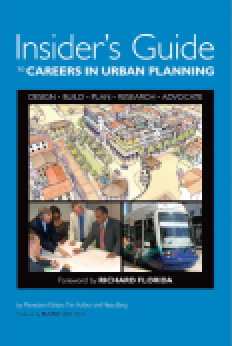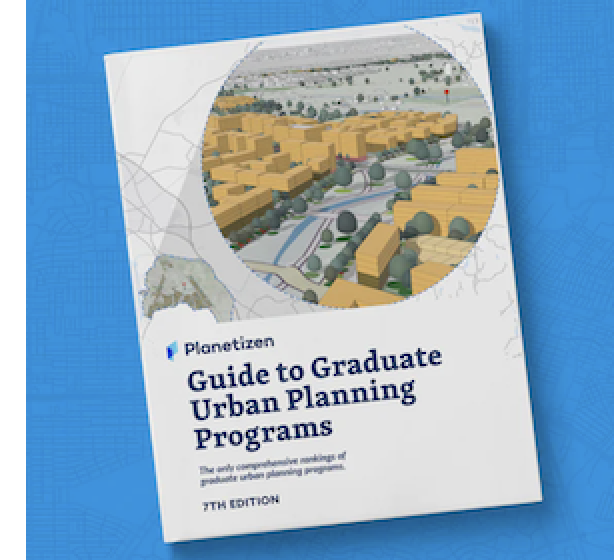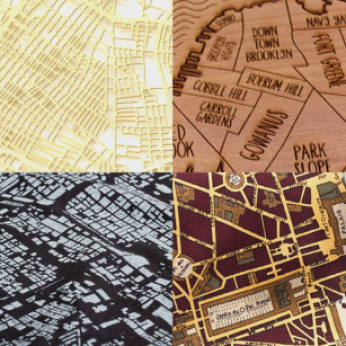Cashless fare options let agencies enable fare capping, track rider behavior, and eliminate proprietary fare cards.

In an article for GovTech, Skip Descant describes how cashless fare payment technology on public transit is changing the way transit agencies collect fares, enable fare capping, and speed up service.
According to Descant, “Fare-capping is often championed by transportation equity advocates as a way to corral runaway transit costs for low-income riders, since fares are capped at a certain amount for a set duration of time.” Technology now enables fare capping that wasn’t possible with cash payments. “But open loop systems can go beyond fare-capping to provide rich caches of data that officials can use to design incentives, loyalty programs and even routes,” Descant adds.
Newer fare payment systems also offer ‘open loop’ payments, meaning riders can use any debit or credit card to pay rather than a system-specific card. “New developments in areas like digital driver’s licenses could be made interoperable with digital fare payment systems to quickly and accurately validate data like age, disability or veteran status — all of which are often linked to transit discount programs.”
A 2022 study from the University of Oregon revealed a need for a cash payment option, however, noting that many of the people who depend on transit the most are still more likely to be unbanked.
FULL STORY: Tap-To-Pay Transit Tech Is Cash-Poor, but Rich in Data

New Florida Law Curbs HOA Power
The legislation seeks to cut down on ‘absurd’ citations for low-level violations.

New Tennessee Law Allows No-Cost Incentives for Affordable Housing
Local governments in the Volunteer State can now offer developers incentives like increased density, lower parking requirements, and priority permitting for affordable housing projects.

Planners’ Complicity in Excessive Traffic Deaths
Professor Wes Marshall’s provocatively-titled new book, "Killed by a Traffic Engineer," has stimulated fierce debates. Are his criticisms justified? Let’s examine the degree that traffic engineers contribute to avoidable traffic deaths.

Study: Housing Crisis is About Affordability, not Supply
New research shows that there is no overall shortage of housing units, but all U.S. metropolitan areas face a severe lack of affordable units for low-income renters.

Are Race-Based Lawsuits Affecting Community Lenders?
Shelterforce spoke with community lending leaders and experts about the current mood across the sector. What, if anything, are organizations doing to avoid becoming the next target of conservative activists?

New Park Promotes Community and Connectivity in Lewisville, Texas
The city of Lewisville just celebrated the opening of Glory Park/Parque la Gloria, helping to improve park access and the quality of life for residents.
City of Madera
City of Santa Clarita
Borough of Carlisle
HUD's Office of Policy Development and Research
Chaddick Institute at DePaul University
HUD's Office of Policy Development and Research
Colorado Energy Office
Pima County Community College District
City of Piedmont, CA
Urban Design for Planners 1: Software Tools
This six-course series explores essential urban design concepts using open source software and equips planners with the tools they need to participate fully in the urban design process.
Planning for Universal Design
Learn the tools for implementing Universal Design in planning regulations.



















670d.png)

1784.png)





